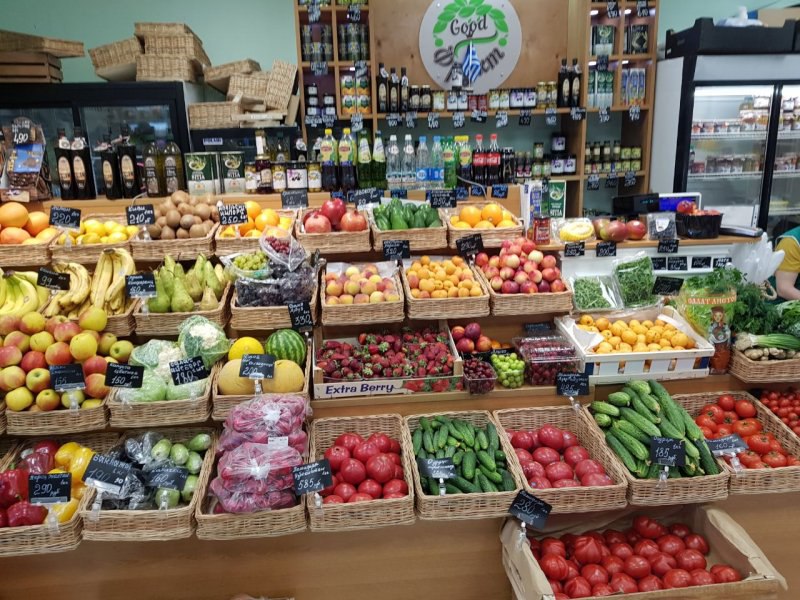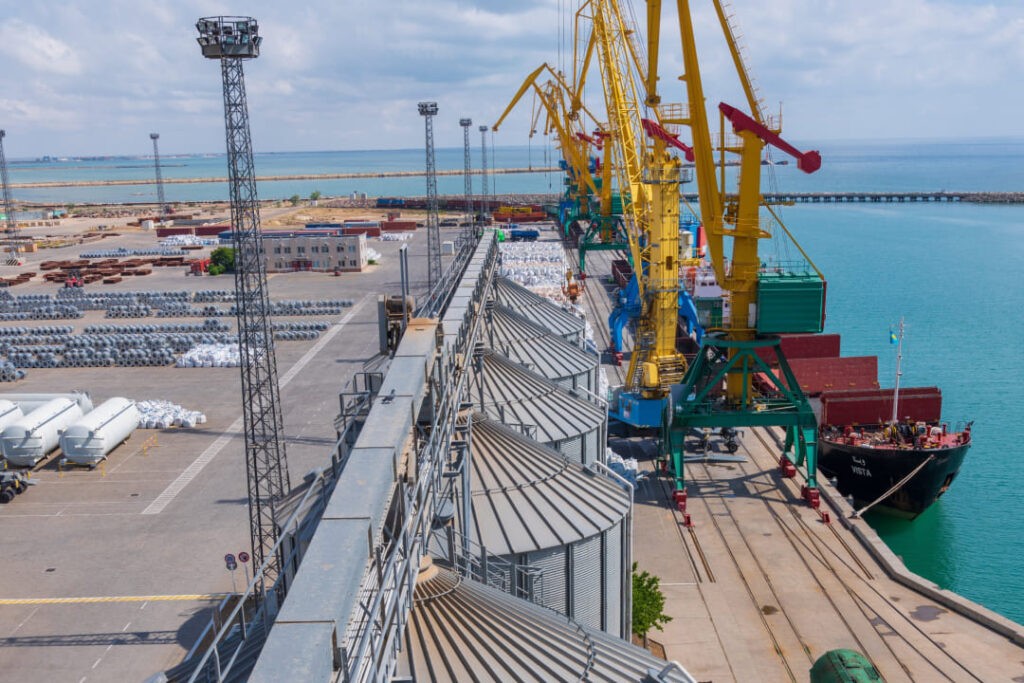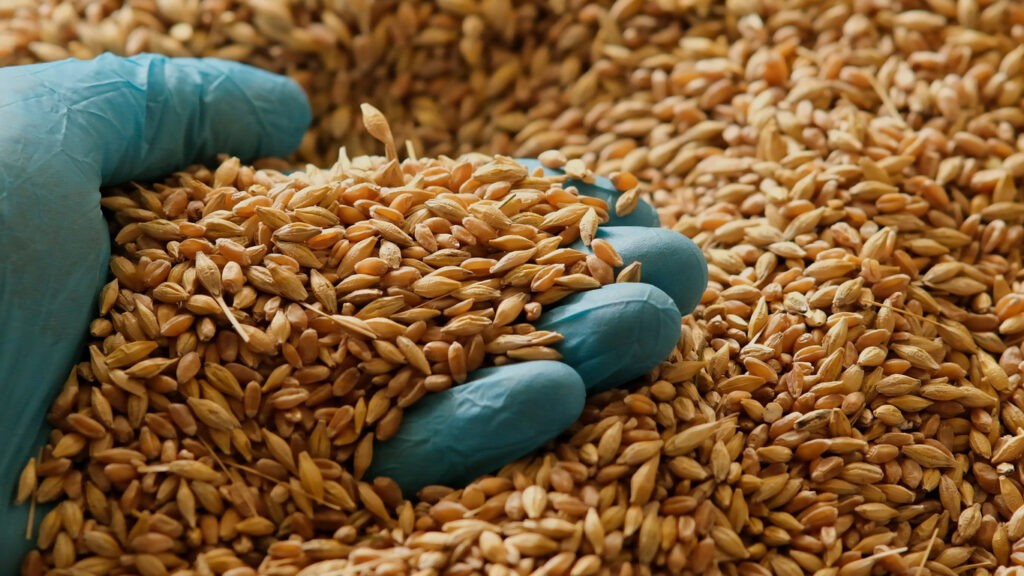According to the International Grains Council, Kazakhstan's wheat harvest for the 2024/2025 season is expected to reach 16 million tons. As the harvesting campaign begins, the country's lack of elevator capacity and the problem of mainline railroads are concerns. Idle trains are still a problem, which leads to the introduction of regular restrictions and bans on the acceptance and shipment of wheat due to congestion on the railroad. Market participants note that the railroad cannot cope with the volume of shipments during the autumn rush, with its infrastructural ceiling on shipments at only 1 million tons of grain per month. This leads to a collapse at border railroad crossings and, consequently, a price drop in the domestic market. One obvious solution is to expand Kazakhstan's elevator capacity and grain storage facilities; this is one of the reasons for the increased load on the railroad infrastructure. Thus, according to the Ministry of Agriculture, 191 licensed grain-receiving enterprises have a total storage capacity of more than 13.2 million tons. In addition, agricultural producers have storage capacities for 15.8 million tons of grain, which, as the ministry assures, is enough to store grain considering the projected harvest. Also, according to the ministry, the construction of new grain storage facilities and the expansion of existing ones are envisaged. In 2024-2026, it plans to operate five granaries with a capacity of 30,200 tons. The national railway company Kazakhstan Temir Zholy (KTZ) has already established a grain headquarters, involving representatives from local executive bodies, the National Chamber of Entrepreneurs "Atameken," and shippers. This headquarters ensures adequate transportation for the upcoming season's harvest. As Salamat Abzhaliyev, Deputy General Director for Marketing and Planning of KTZ-Gruzovye Transportations LLP, noted during the briefing held at the end of August, for seven months of the current year, the total volume of grain loading on the network of railroads of the country amounted to 4.7 million tons. Only in Kazakhstan did wheat transportation increase by 3%, amounting to 1.1 million tons. An important factor affecting the efficiency of transporting grain and milling products is the availability of specialized wagons. In addition to boxcars, grain carriers are designed to transport these specific cargoes. Today, the total fleet of boxcars and grain cars on the railroad is about 16,000 and 12,000, respectively. According to KTZ, this fleet is sufficient to fulfill all agreed transportation plans. According to forecasts of the International Grain Council, the export of Kazakhstani wheat in the 2024/2025 season is projected at 10 million tons. During the first six months of the year, 2.4 million tons of wheat have already been shipped. The main buyers of domestic grain are traditionally Uzbekistan, China, Tajikistan, Italy, and Afghanistan. Grain exports to China have grown 5.7 times in the last three years, which makes China a key export destination. China is ready to accept large volumes of grain from Kazakhstan. Today, the country buys about 10 million tons of wheat worldwide, including from Kazakhstan. However, further development of trade is constrained by limited transportation...






